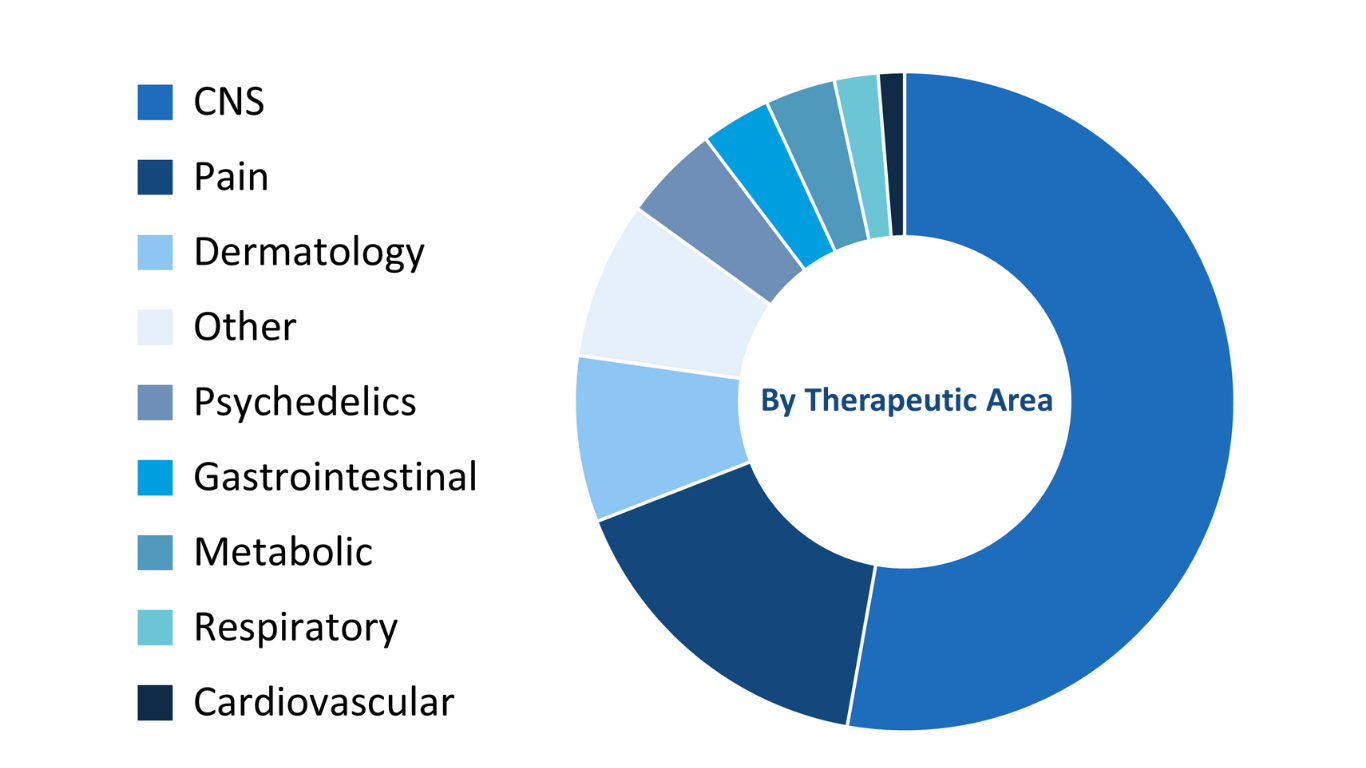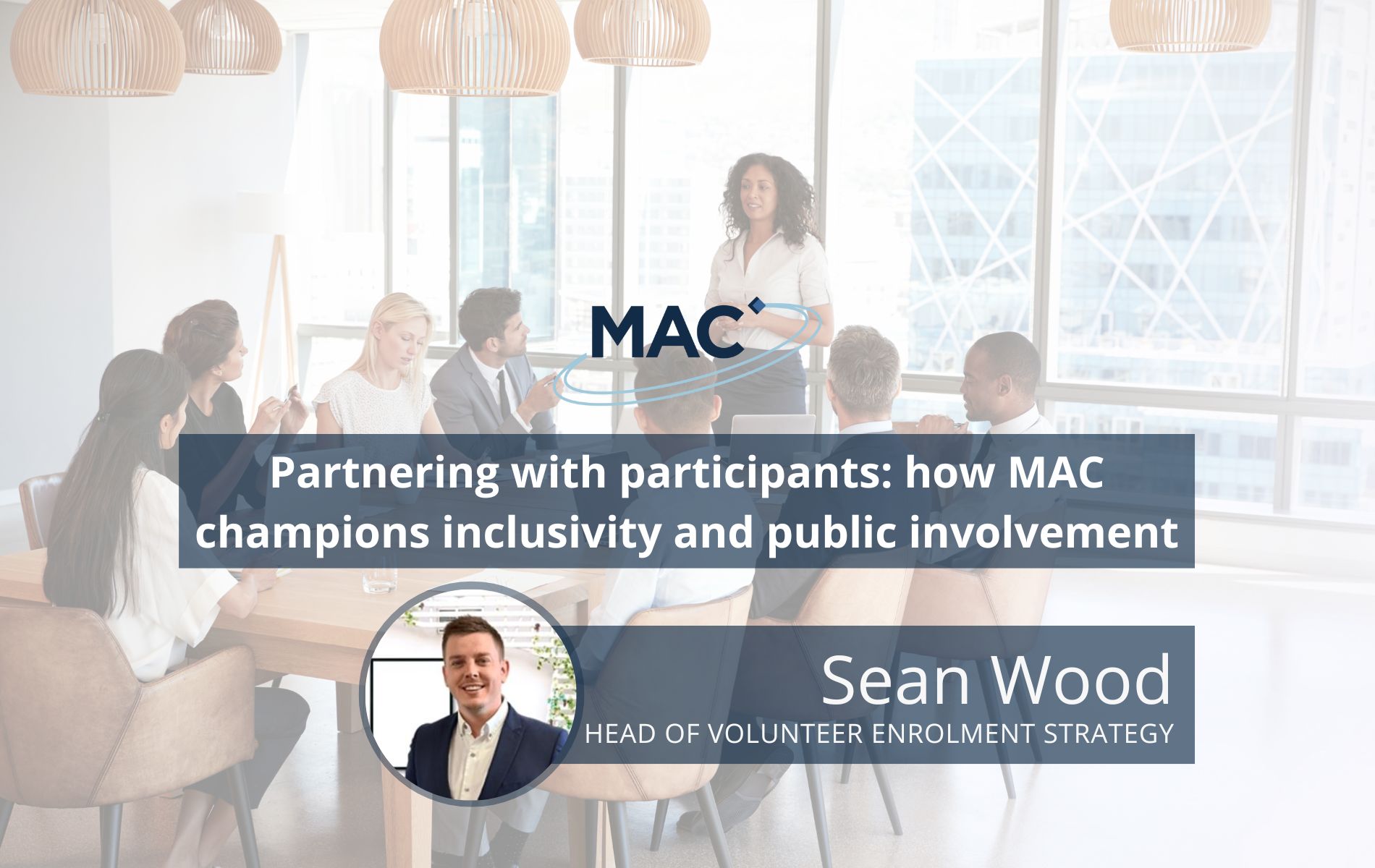At MAC, patients and volunteers are more than participants – they are partners in everything we do. Their insights, experiences, and willingness to engage in research are what drives progress. As a CRO with the unique advantage of owning a network of UK-based investigator sites, we have the privilege of working closely with diverse communities across the United Kingdom and extend our experience and expertise to support optimal and diverse participant recruitment across the globe, at any investigator site. Our dedicated participant recruitment and engagement service ensures that participants and the public are not only informed but actively involved at every step, from strategic outreach to enrolment and beyond.
Collaboration with participants and advocacy groups is central to our approach. We know that effective research isn’t one-size-fits-all, and every population has unique needs and preferences. That’s why we’ve partnered with organisations such as Diabetes UK, the Sickle Cell Society, Alzheimer’s Society and The Red Lion Group. Their invaluable feedback has helped us create participant materials and engagement strategies that genuinely connect with specific communities. Whether it’s refining the tone of our messaging or carefully choosing images that resonate, these collaborations ensure that our communications are as impactful as possible.
One particularly recent and meaningful project has been our work with Autizma on an upcoming autism study. Their expertise has been vital in shaping not only the written materials we provide to participants but also the environments in which we conduct our trials. Their recommendations on lighting, visual aids, and staff interactions have allowed us to create a more autism-friendly clinical space, reducing potential stressors for participants and improving the overall trial experience. These adjustments might seem small, but they make a significant difference in creating an environment where participants feel supported and sets the entire trial up for success.
As long-standing supporters of Dementia Friends, we are committed to fostering inclusivity and understanding for individuals and communities affected by dementia. Recognising the importance of lived experience, we are actively establishing a dementia reference group. This group will bring together individuals with firsthand experience of dementia to provide invaluable insights into barriers and enablers to research participation. Their input will guide us in developing recruitment and retention strategies that are sensitive to the unique needs of this population. This collaboration, combined with our dedication to becoming a “Dementia Friendly” organisation through mandatory staff training is the kind of first-hand knowledge that transforms research into something truly inclusive and effective.
Our engagement doesn’t stop at individual studies. Community involvement is a key priority for us. Early in the planning stages of research, we work closely with local communities to ensure transparency and trust. Our Central Relations Strategists play a critical role here, building relationships with doctors surgeries, community hubs and advocacy groups. Their therapeutic expertise and on-the-ground presence allow us to bridge gaps between research teams and the communities they serve, fostering understanding and participation.
For me, what makes this work so rewarding is the realisation that every adjustment, every conversation, and every collaboration brings us closer to research that truly reflects the needs and experiences of real people.
At MAC, we are committed to ensuring that research is inclusive, accessible, and meaningful to the people who make it possible – the participants. Their voices shape our decisions, and their experiences remind us why our work matters.












